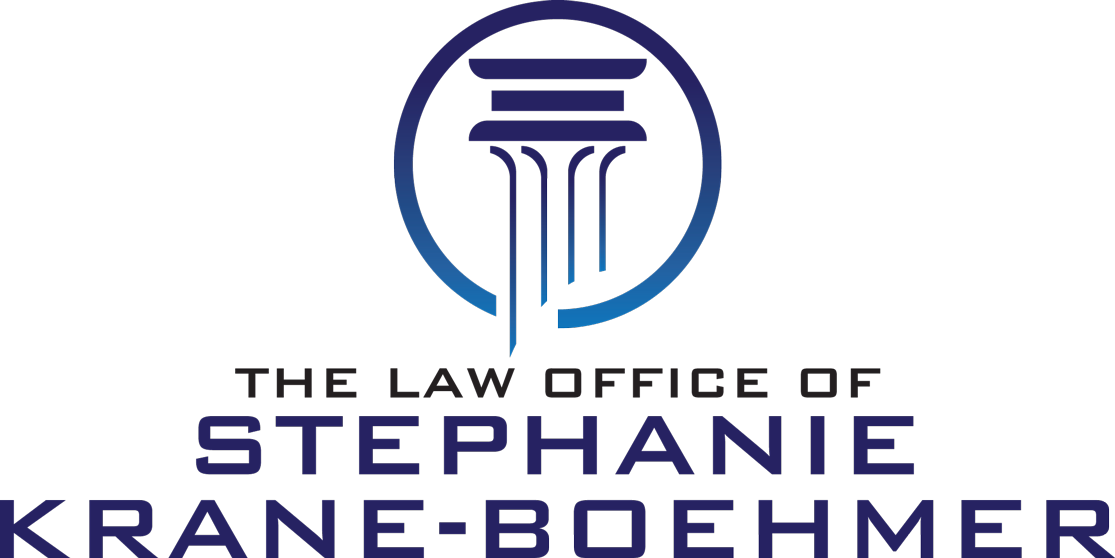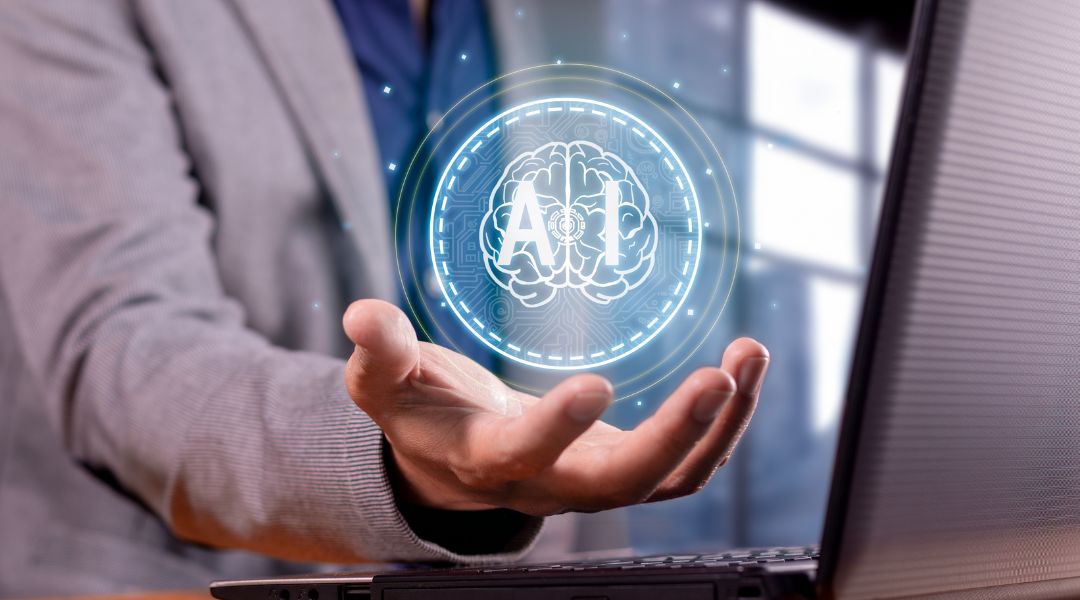As a practicing attorney with nearly two decades of experience, I’ve seen firsthand the risks people take when they rely on non-professional sources for legal advice. Today, AI tools and Google searches can provide quick answers, but when it comes to the law, quick is often the opposite of accurate or safe. Using Google and AI legal advice is risky.
Legal advice is not just about information; it’s about judgment, context, and consequences. And none of those can be reliably delivered by a search engine or an AI chatbot.
What are the Top 5 Reasons To Not Use Google Or AI Legal Advice?
Let’s explore the key reasons you should seek legal advice from a lawyer, and not search engines or AI tools:
1. Laws Are Complex and Context-Specific
AI and online content might give you a broad overview of a legal issue, but law doesn’t work in broad strokes. It works in details.
Jurisdiction matters: What’s legal in Ohio may not be legal in Michigan.
Facts matter: Small factual differences can change legal outcomes entirely.
Timing matters: Laws change. AI and Google may be referencing outdated statutes or precedents.
2. AI and Google Are Not Lawyers
Even if an AI tool sounds confident or a search result seems informative, neither can:
- Offer advice tailored to your specific situation.
- Draft legally binding documents customized to your needs.
- Represent you in court or negotiations.
That’s because they are not licensed professionals. They’re tools—useful ones in the right context, but not a substitute for an attorney.
3. High Risk of Outdated or Inaccurate Information
One of the most dangerous aspects of using AI or search engines for legal matters is the illusion of accuracy. These tools can provide:
Out-of-context answers.
Summaries of laws that no longer apply.
Misinformation that seems plausible but has no legal grounding.
As someone who routinely checks, interprets, and applies current statutes and case law, I can tell you that even experienced professionals double and triple-check their sources. An AI model or online forum certainly isn’t going to do that for you.
4. No Attorney-Client Privilege or Protection
When you consult a licensed attorney, your information is protected by attorney-client privilege. When you type your problem into a chatbot or a search engine:
Your data may be stored or used in ways you don’t expect. There’s no legal confidentiality. There’s no ethical obligation on the part of the AI or platform to protect your interests.
5. There’s No Accountability with Google or AI Legal Advice
Attorneys are held to professional standards and can be disciplined for misconduct or negligence. We carry malpractice insurance. We answer to licensing boards.
AI and Google don’t. If their advice leads to you losing a case, getting sued, or missing a legal deadline, you have no recourse.
Technology Is a Tool, Not a Substitute.
I’m not saying AI and Google have no place in the legal world. In fact, many lawyers, myself included, use these tools to assist with research and streamline processes. But there’s a vast difference between using tech as a tool versus trusting it as an advisor.
If you’re facing a legal issue, skip the AI legal advice: your best move you can make is to consult with a qualified attorney. Don’t gamble your future on generic answers and machine-generated guesses.
Contact us today to schedule a consultation and get the guidance you need. We provide legal services for family law, bankruptcy, wills and estates, and debt settlement. Our office is located in Rochester Hills, and we serve Oakland, Macomb, Genesee, Lapeer, Livingston, and Wayne Counties.






